The importance of women in the vegan movement
The social structure that has been in place throughout the ages, in the West as well as the East, has conditioned and defined women’s role in society. With no way to overcome the system of oppression, which was sometimes veiled and quite clear at others, a stereotypical sociocultural relation was imposed and has remained crystalized for centuries. Gender equality rights weren’t to be updated along with the chronological and social evolution of the communities.
The feminine, in whichever body it can be identified in, has always been the object of a struggle. Women have had, and still do to this day, to fight against discrimination and to strengthen the acknowledgement of their rights which, up until the nineteenth century, was generically conditioned to domestic labour, a monastic life or to parties within a household setting.
From the 20th century on, with the rise of vegan activism in the mid 1940’s, the already existing fight for rights joined forces with other types of liberation movements. The importance of women activists in the vegan movement is highlighted by personalities who played fundamental roles in the dissemination of Animal Rights.
Vegan women activists have become an inspiration for this movement which is, after all, intersectional. Veganism from a feminist standpoint has the freedom for the oppressed bodies of non-human and human animals as a basis. It aims to develop a more fair society: horizontal, egalitarian, ecological and with rights to land and a clean diet.
Angela Davis
These precepts are often explained by activist and american scholar Angela Davis, who establishes a connection between Human Rights and Animal Rights. She is currently one of the most important personalities when it comes to explaining the intersectionality in veganism. Davis is also an emeritus teacher in the University of California, Santa Cruz.
“Most people don’t think about the fact they’re eating animals. When they’re eating a steak or eating chicken, most people don’t think about the tremendous suffering that those animals endure simply to become food products to be consumed by human beings”, Davis said in 2012, during an interview with Grace Lee Boggs.

Brigitte Bardot
One of the most famous and important actresses of her generation, at age 39, Brigitte Bardot began a new life as an Animal Rights activist. In 1973 when she was at the peak of her career, having acted in dozens of films, Bardot announced her retirement from the silver screen.
In an interview for the british newspaper The Guardian in July 2015, she said that when she found out the truth about animal exploitation, she realized that it would be obvious, and even imperative to end her career. In 1986, she auctioned off her goods to create the Fondation Brigitte Bardot for the well being and protection of animals.
To the Daily Mail she said: “I’ve rescued stray dogs and cats my whole life, but when I started the foundation, my intention was already to do so much more than that. My goal is to protect every wild or and domestic animal in France and abroad. I started small. I had to learn all about animal protection, the laws, the organization of charity institutions, management and health and safety obligations.”

Greta Thunberg
At only 18 years old, activist Greta Thunberg has already been elected as a youth model by the animal rights organization PETA and Person of the Year by Time magazine. Famous around the globe for her climate activism, Greta is also a vegan and began protesting on her own in August 2018 outside of the Swedish parliament, where she demanded practical action in response to climate change.
Since then, she has motivated millions of children from several different countries to join her in the School Strike for Climate. In a strong, blunt speech in the UN Climate Action Committee in New York in 2019, she said: “You have stolen my dreams and my childhood with your empty words” – “People are suffering. People are dying; entire ecosystems are collapsing. We are in the beginning of a mass extinction and all you can talk about is money and fairytales and economic growth. How dare you?”
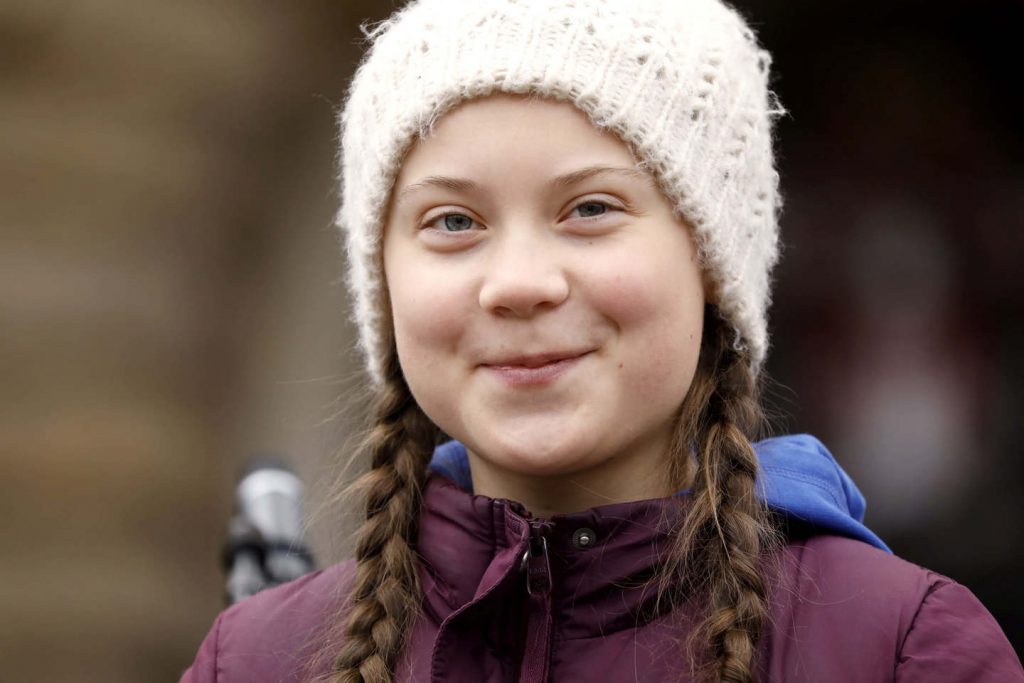
Ingrid Newkirk
With great representation to the progression of animal liberation, Ingrid Newkirk is the president of the People for the Ethical Treatment of Animals (PETA), the biggest Animal Rights organization in the world. Ingrid says she strongly believes animals shouldn’t be used for food, turned into clothes, experimented on or used for human entertainment. In her new book, “Animalkind”, she explores the ways in which humans can better demonstrate their compassion for other species.
“The goal of this movement [animal rights] is to make people acknowledge that, the same way animals aren’t hamburgers, they are handbags wither”, she wrote for PETA in 2016. “They are not test tubes with whiskers, they aren’t cheap alarms to avoid robbery, they are accessories, they aren’t pests. They are individuals and we must protect all of them.”
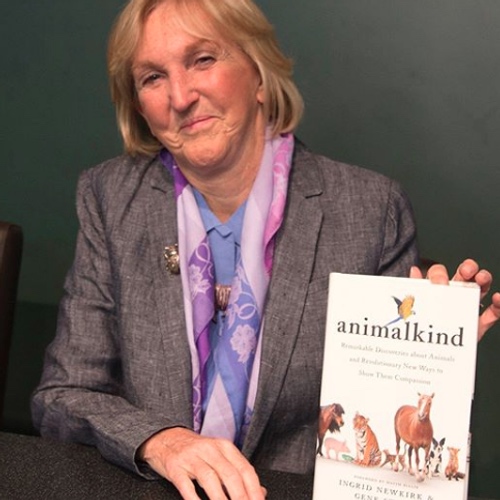
Jane Velez-Mitchell
Currently hosting a vegetarian cooking show called “New Day, New Chef”, on Amazon Prime, the former CNN news anchor and best-selling author Jane Velez-Mitchell is the founder of Jane UnChained News, a social media news channel that produces original content about animal rights activism and veganism. Jane has received several awards, including four Genesis Awards from the Humane Society in the United States for her coverage of animal issues.
In a 2018 Animal Rights conference she has said: “Your phone is your best tool. You have an entire network, a TV studio, satellites, all of that in your back pocket or your purse. Use it for the animals.” “
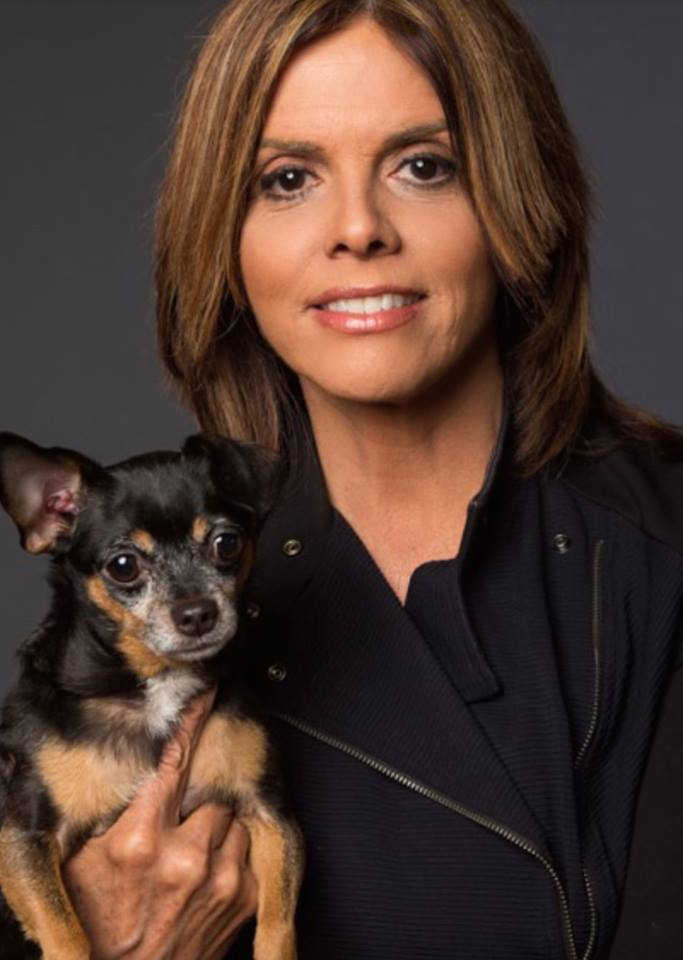
Leah Garcés
The Animal Rights organization Mercy for Animals also has a female president. With almost 20 years of leadership experience working in the animal protection movement, Leag Garcés wrote the book “Grilled: turning adversaries into allies to change the chicken industry”. It is in some parts a memoir and in others an account of her experiences from her work in the industry.
Melanie Joy, a social psychologist has said: “Grilled is absorbing, intriguing and moving. It will open your eyes and hearts to the animals’ situation within the american food system.”
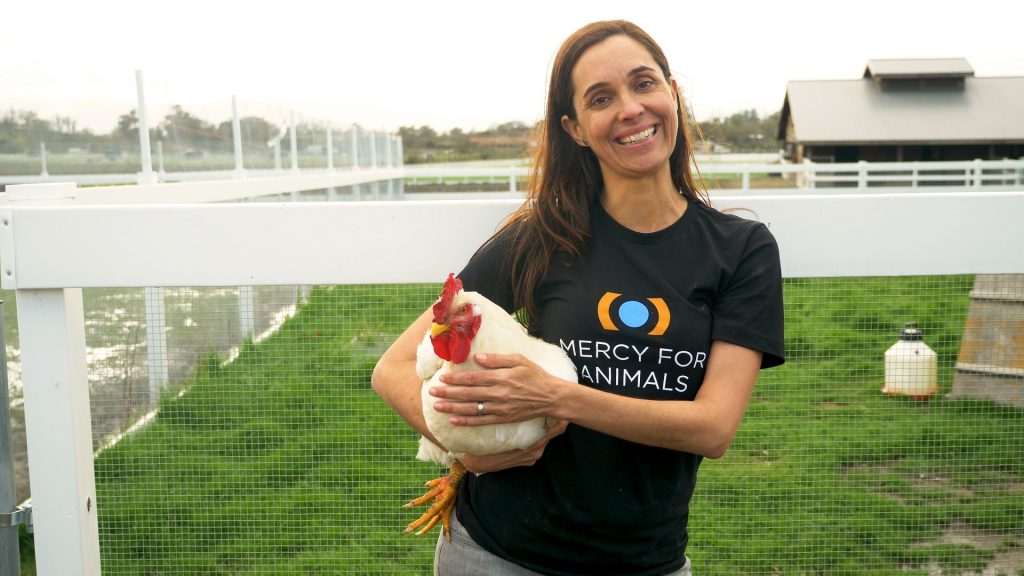
Carol J. Adams
A woman who has been changing the way thousands of people see the world is the american feminist author and Animal Rights advocate, Carol J. Adams, with her famous and necessary book, “The sexual politics of meat: a feminist-vegetarian critical theory”. The book contains plenty of solid and consistent arguments, explains the close relation between male dominance, cultural violence against women and the act of eating meat. A must-read to reflect upon the relations between men, women and animals in the fight for and oppression free world. “Meat is a social construct made to seem natural and inevitable.”
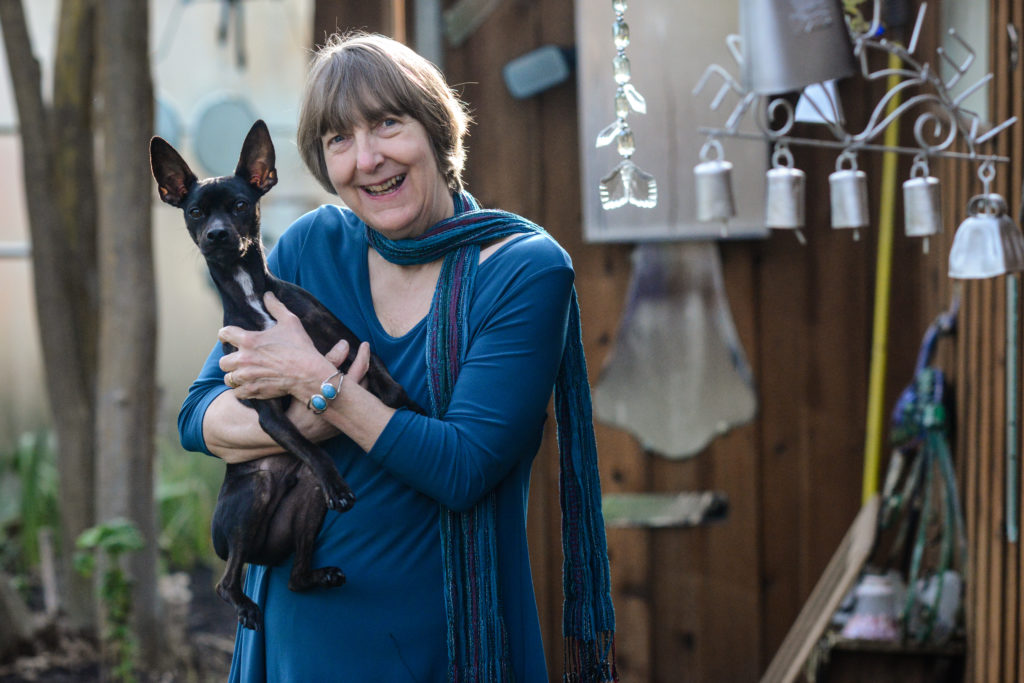
Rooney Mara
Actress and stylist Rooney Mara is an Animal Rights activist. In 2019, the joined Animal Equality during the secret investigation of two factory farms, from which the footage obtained was released in an exposition called “With My Own Eyes”.
She said of the occasion: “Even though I’ve seen many of these kinds of documentaries, I”d also like to see for myself and I hope to do something that can impact people to change their minds as well.”
Rooney often participates in demonstrations in favor of Animal Rights with her partner, the actor Joaquin Phoenix.

In this journey towards a more compassionate world defended by women, the animal cause gains strength in different spheres of society, through the political, literary and artistic fields.
It’s noteworthy how plurally veganism is treated and approached, because that opens doors to questions so dormant in the cultural context we are living in and attempts to stop the discompass between all living beings and Nature.
As with the amazing women being highlighted today, there are still dozens of others in social media profiles exposing the terrible mistreatment of animals, as well as dozens of anonymous protectors who rescue stray animals and accomplish exceptional work..
This 8th of March, Women’s International Day, we honor the importance of all women in the vegan movement.
Don’t miss the Veggly Blog
So there you have it!
As Veggly grows further, make sure you stay up to date and read some of our success stories and messages from our users who found love from their Veg-Matches – all on this page here.
And to stay up to date with all of our announcements, other news stories, blog posts, and recipes, please follow Veggly across our social channels:
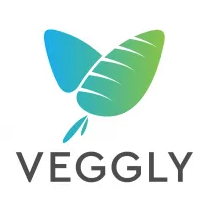
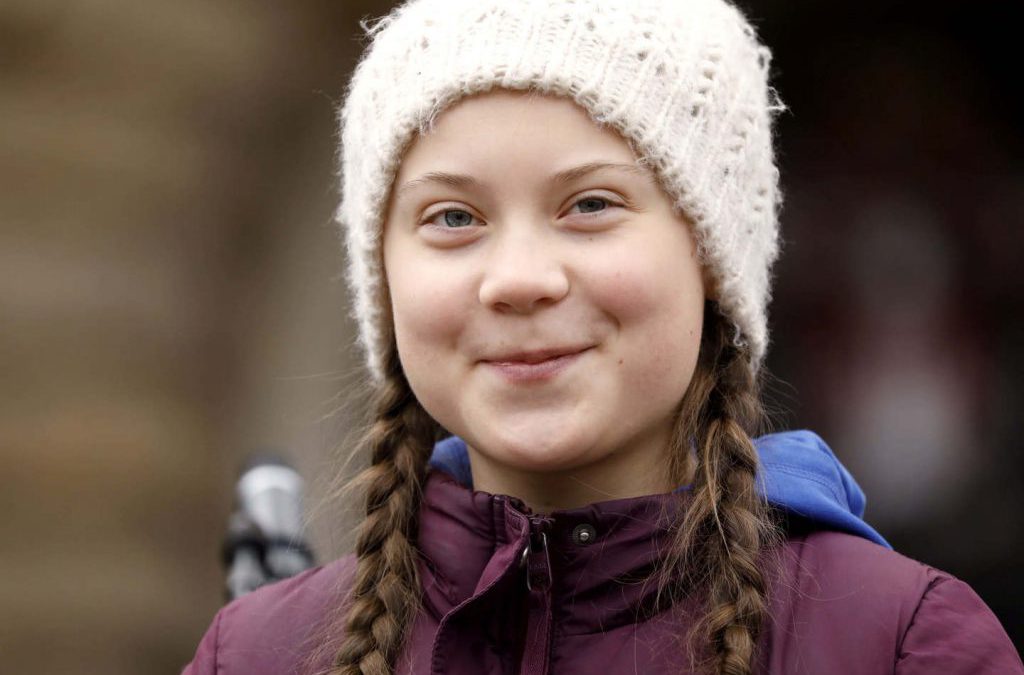



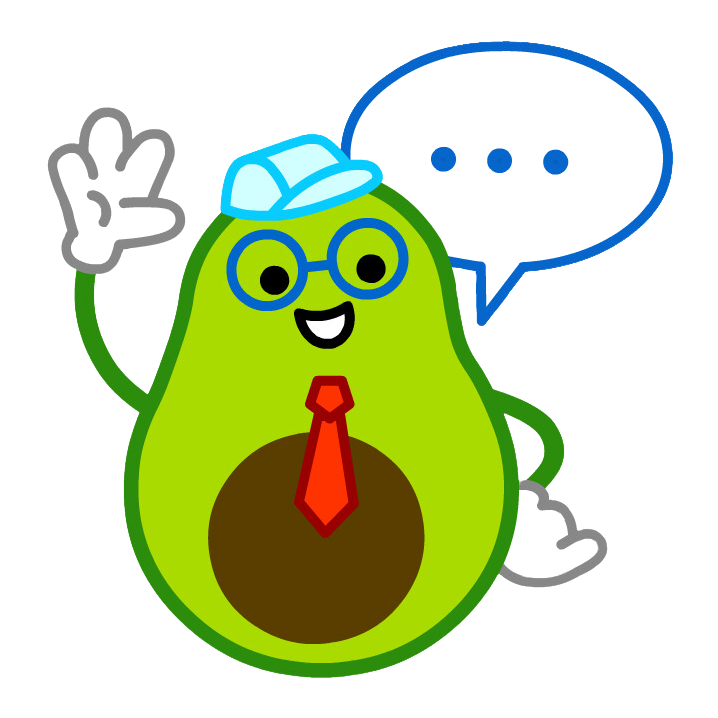
& Pamela Anderson!
True!!
“The feminine, in whichever body it can be identified in, has always been the object of a struggle.”
This sentence demonstrates a fundamental misunderstanding of women’s oppression. It’s physical FEMALE BODIES that have historically and are currently the object of a struggle. Femininity is a gendered social construct that is forced upon female bodied people in order to keep us subordinate to male bodied people.
To identify us as ‘the feminine’ or some such gendered essence is to not only legitimise the harmful gender role and stereotypes forced upon us, but to also ignores the misogyny and discrimination faced by gender non-conforming girls and women. It won’t surprise you to know that in India for example, nobody checks that a baby has a feminine gender identity before committing femicide against that female child. The child is aborted or killed shortly after birth because they are of the female sex. No female child in Somalia is getting out of female genial mutilation by saying they identify as a boy. Please don’t insult us by saying we are discriminated against because we are feminine or because of our gender identity. It’s absolutely not true.
Jen, I hear you and one fight for rights doesn’t affect the next one. Everything you say is real but there is NO group of people who struggles more with prejudice than trans women.
Hahaha I reject that assertion entirely. Men who think they’re women are not more oppressed than actual woman. It’s not a competition anyway. All transwomen need to do is respect they’re not the same as female people and female people are allowed to have our own words, boundaries, advocacy, representation and services – SEPERATE from males, however they identify.
“The feminine, in whichever body it can be identified in, has always been the object of a struggle.”
You don’t know what real women have endured, suffered and survived through out history. I’m talking about a real women with wombs and vaginas that bleed each month and can bear human life.
‘Trans’ people will never, ever, ever be real women. That’s why they are categorised as ‘trans’.
They are men that have been surgically intruded upon, literally surgically cut up and reconstructed to resemble women. But they are NOT women.
A man CANNOT reproduce the organic, profound beings that true, real women are. Men cannot declare that they understand what female experience is just by wishing they were women or putting dresses and makeup on. You will never understand unless you were born a woman who we really are. Only those born female are REAL women. ‘Trans’ people will never be women, never.
I reject this culture that seeks to degrade, belittle and insult real women. For sure, women are oppressed and degraded and this trans trend is an extension of that.
You can call me transphobic. Go ahead. I reject your vocabulary and your delusions too.
Amen, sister.
FireFlower and Jen, shame on you for using this date to discriminate other women.
If you think cis women are more discriminated than trans women, I can only feel sorry for your ignorance.
How many trans women do you have in your privileged social group? None? Ever wondered why is that? Do you know the life expectancy of trans women? How many are thrown out of home? Out of school? Out of job? How many commit suicide because of people like you? All just because they are who they are!
Call you transphobic? Nobody had to..